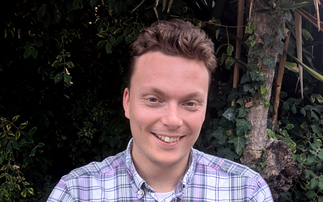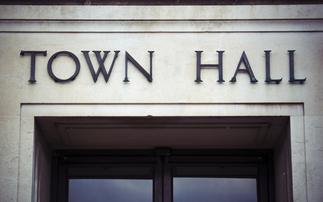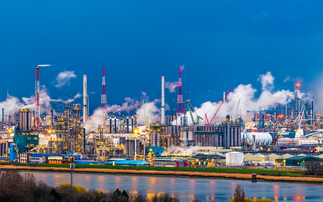Obama: What greater rejection of those who'd tear down our world than marshalling our best efforts to save it?
The UN climate summit kicked off in Paris this morning with a procession of world leaders calling on delegates to deliver an ambitious new international agreement, which, in the words of US President Barack Obama, will provide an "enduring framework for human progress".
Opening the Summit, French President Francois Hollande declared that "everything depends" on the ministers and officials gathered together for the two week long summit.
"The hope of all humanity rests on your shoulders," he said, adding that "here in Paris we will decide on the very future of the planet".
His comments were echoed by UN Secretary General Ban Ki-moon who argued the Paris Summit must deliver a "decisive turning point" in global efforts to tackle climate change. He added that the final agreement should incorporate a long term emissions goal, on-going recognition of the different circumstances faced by industrialised and developing nations, and credible system for reporting on emissions and revisiting national climate action plans over time.
"We cannot afford indecision, half measures or merely gradual approaches," Ban warned. "Our goal must be transformation. The transition has begun. Enlightened investors and innovative businesses are striving to create a climate-friendly economy. But they need your help in accelerating this essential shift."
The opening keynote addresses were followed by a series of short speeches from the world leaders in attendance, which are now expected to run throughout the day.
The first wave of speeches this morning established a number of themes that are likely to run throughout the summit, as leaders united in linking efforts to finalise a climate agreement with the response to the terrorist attacks on Paris earlier this month and repeatedly highlighted how they were now convinced emissions reductions can be delivered without harming the economy.
US President Barack Obama declared that leaders had come to Paris to "show our resolve" in the face of international terrorism and "stand united in solidarity not only to deliver justice to the terrorist network responsible for these attacks but to protect the values that keep us strong and free".
"We salute the people of Paris for insisting this crucial conference go on - an act of defiance that proves nothing will deter us from building the future we want for our children," he said, adding that there was no "greater rejection of those who'd tear down our world than marshalling our best efforts to save it".
Obama also highlighted the progress the US has made in cutting emissions in recent years and declared that the country "not only recognises our role in creating this problem, we embrace our responsibility to do something about it".
He added that the goal of the Paris Summit was to turn recent achievements in curbing emissions and rolling out clean technologies "into an enduring framework for human progress - not a stop-gap solution but a long-term strategy that gives the world confidence for a low carbon future".
He also declared that such a deal could "unleash" investment and innovation by providing business leaders with the clear policy signals they have been calling for.
And he concluded by quoting Martin Luther King Jr's warning that "there is such thing as being too late", adding that "when it comes to climate change the hour is almost upon us" and urging the Summit to "get to work".
Significantly, Chinese President Xi Jinping and Russian President Vladimir Putin offered similarly optimistic assessments of the chances of delivering a new international agreement.
Putin said Russia had cut the carbon intensity of its economy by a third this century, providing further evidence it was possible to grow an economy while protecting the environment.
Meanwhile, President Xi said world leaders' presence at the talks "shows that terrorism cannot hold back mankind's efforts to address climate change and pursue a better future". He stressed China's ongoing support for an agreement that allows developing nations to pursue climate policies that respect their national circumstances. But he also highlighted how China was now fully committed to peaking its emissions around 2030 and would strive to meet the target "as soon as possible".
Attention will turn this afternoon to a series of announcements on new funding for climate-related projects in developing countries and commitments to funnel billions of dollars into clean tech R&D.
However, observers will also be hoping world leaders will be able to secure some progress on the crucial negotiating text before departing and handing the talks over to the ministers and diplomats tasked with finalising the deal.
This article is part of BusinessGreen's Road to Paris hub, hosted in association with PwC.









